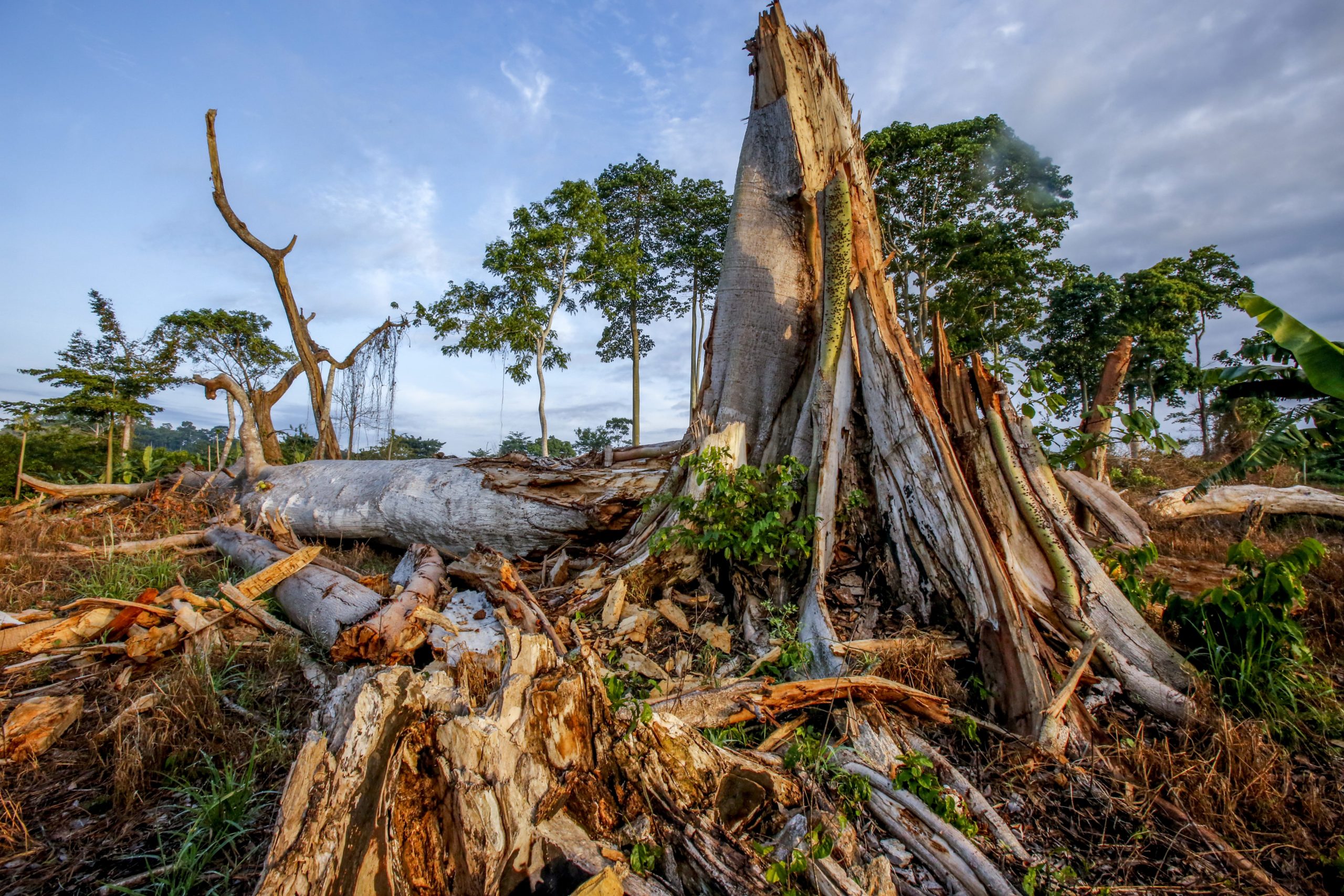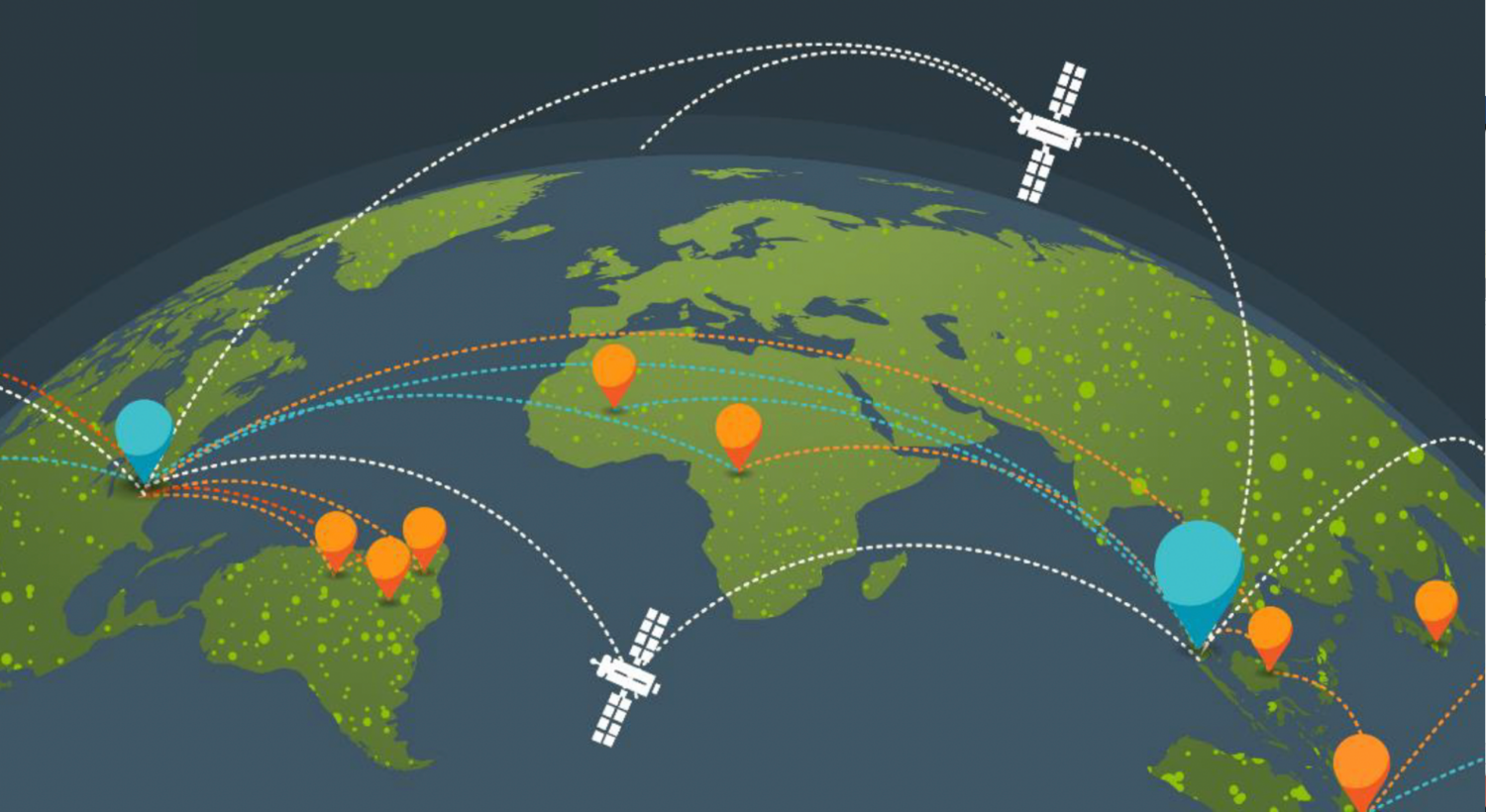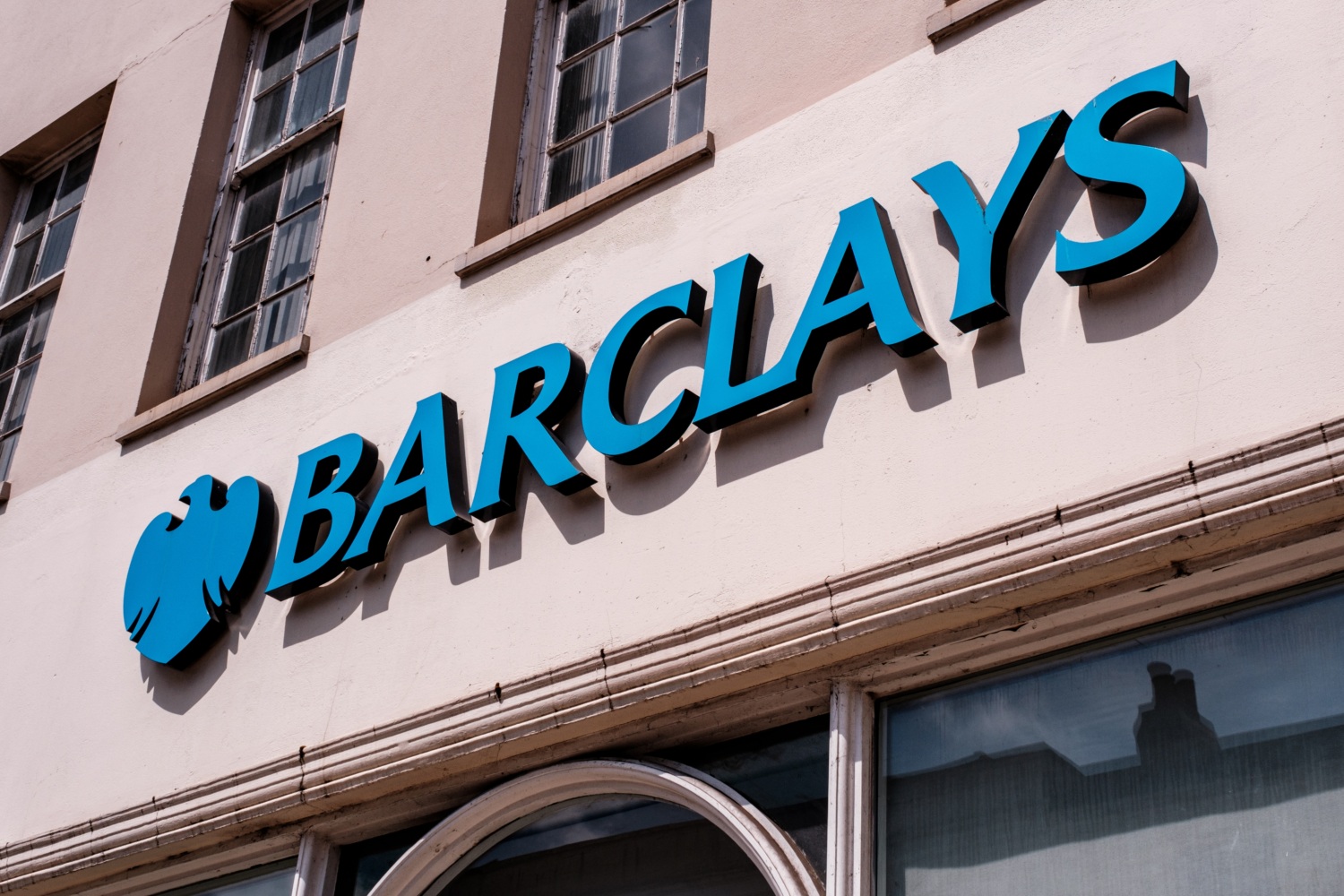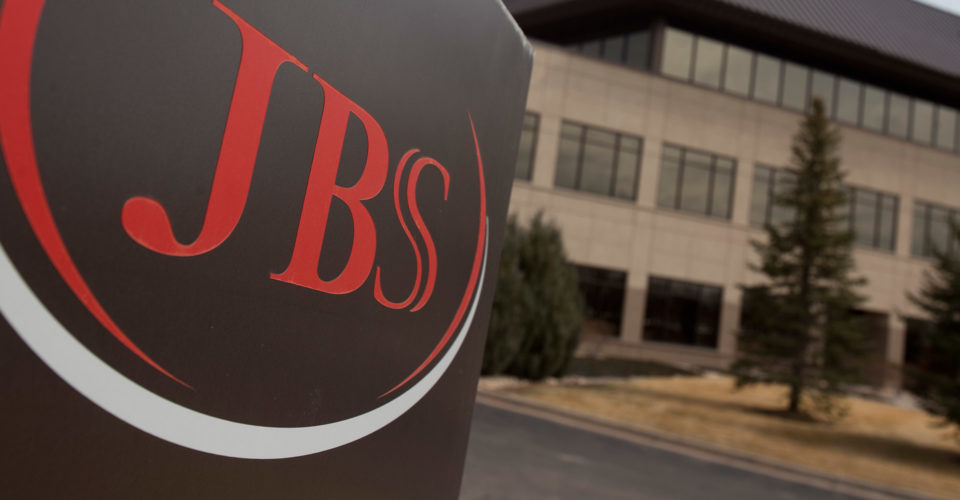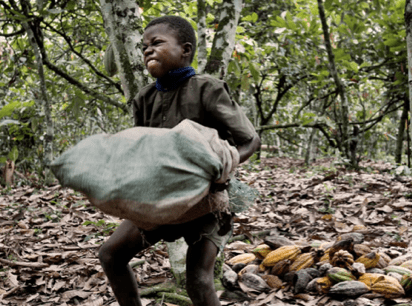
Belgium joins France in calling for an EU due diligence cocoa law
Belgium joins France in calling for an EU due diligence cocoa law
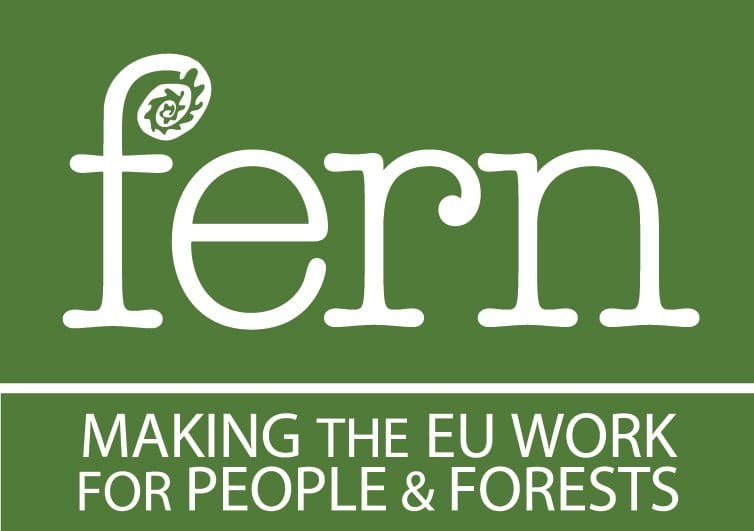



EU regulation of the cocoa sector could ensure real protection for human rights as it would create a level playing field to make sure that good corporations aren’t being undercut by unscrupulous companies. It could also be part of an ambitious EU action plan against other imported commodities tied to large-scale deforestation such as coffee, rubber, palm oil, and worst of all, soy.
Belgium is the fourth largest importer of cocoa and the second biggest exporter of chocolate in the world, boasting a yearly production of 600.000 tonnes and an enviable reputation for its high quality. The Belgian chocolate sector therefore carries considerable weight in the global cocoa economy. Despite this, in recent years Belgium had not been very involved in discussions on sustainability in the cocoa sector which is plagued by systemic issues such as extreme poverty, child labor, and massive deforestation.
 Recent studies have shown that cocoa is the number one cause of deforestation in Ghana and Côte d’Ivoire, as well as a major driver in other producer nations like Ecuador, Peru, Cameroon, and Indonesia.[1] Moreover, the majority of cocoa farmers live in extreme poverty, earning under one Euro per day – far less than they need for a decent living. Recent studies have shown that cocoa farmers on average earn about a third of what they need in order to make a living income.[1] 2.1 million children work in the cocoa industry, 96% of whom are doing work considered “hazardous.”
Recent studies have shown that cocoa is the number one cause of deforestation in Ghana and Côte d’Ivoire, as well as a major driver in other producer nations like Ecuador, Peru, Cameroon, and Indonesia.[1] Moreover, the majority of cocoa farmers live in extreme poverty, earning under one Euro per day – far less than they need for a decent living. Recent studies have shown that cocoa farmers on average earn about a third of what they need in order to make a living income.[1] 2.1 million children work in the cocoa industry, 96% of whom are doing work considered “hazardous.”
Belgium’s call comes as a part of a sustainability initiative that is being set up by the Belgian government, the Belgian chocolate sector and civil society. The Belgian ‘Beyond Chocolate’ partnership aims to support the commitments of the Ivory Coast and Ghana to halt deforestation in their cocoa sectors by 2025, and to reach zero deforestation for all other cocoa origins by 2030. At the same time, a living income for cocoa producers should be secured by 2030. The different parties stress the interlinkages between deforestation and human rights in the cocoa supply chain.
“Deforestation in the cocoa sector is directly linked with the extreme poverty in which cocoa farmers live. We cannot sustainably stop deforestation if we don’t make sure that cocoa farmers make a living income.” (Bart Van Besien, Policy Officer at Oxfam-Wereldwinkels)
“Legislative measures are crucial to raise the bar and ensure that EU commodity imports are no longer linked to forest destruction – we are happy that the Belgian government recognises the urgency of an EU Action Plan against Deforestation and forest Degradation”, (Béatrice Wedeux, Forest Policy Officer at WWF-Belgium)
“The recent announcements from Belgium and France are signs that we are making real progress in the fight for sustainable cocoa. As the top consumer of cocoa worldwide, the EU has massive responsibility to fix the problem. Now is the time for other countries — especially Germany and the Netherlands — to join in the movement and enact their own policies to fight cocoa-driven deforestation.” (Etelle Higonnet, Campaign Director at Mighty Earth)
The Belgian initiative is in line with the UN Guiding Principles on Business and Human Rights, and thus the signatories accept that protection of the environment and human rights should be an integral part of doing business.
Belgium’s bold decision to call for EU legislation on cocoa can help level the playing field and make sustainable chocolate a reality.
Facts and figures
- Belgium is the fourth largest importer of cocoa beans worldwide – and the third largest importer of cocoa beans in Europe, after the Netherlands and Germany.
- Every year more than 300 thousand tonnes of cocoa beans enter via the port of Antwerp.
- The port of Antwerp is not only important for the Belgian chocolate sector, it is also an important port for the import of cocoa beans for industry in Germany, the Netherlands, France and other EU countries.
- Belgium is home to approximately five hundred companies active in the cocoa processing industry and chocolate sector, ranging from large multinationals to Small and Medium Enterprises and artisanal chocolatiers.
- The Belgian chocolate sector accounts for an annual turnover of almost five billion euros.
- Every year almost 600,000 tons of chocolate are exported by Belgian chocolate makers to other EU countries as well as the USA and Japan.
- This makes Belgium the second largest chocolate exporter in the world.

